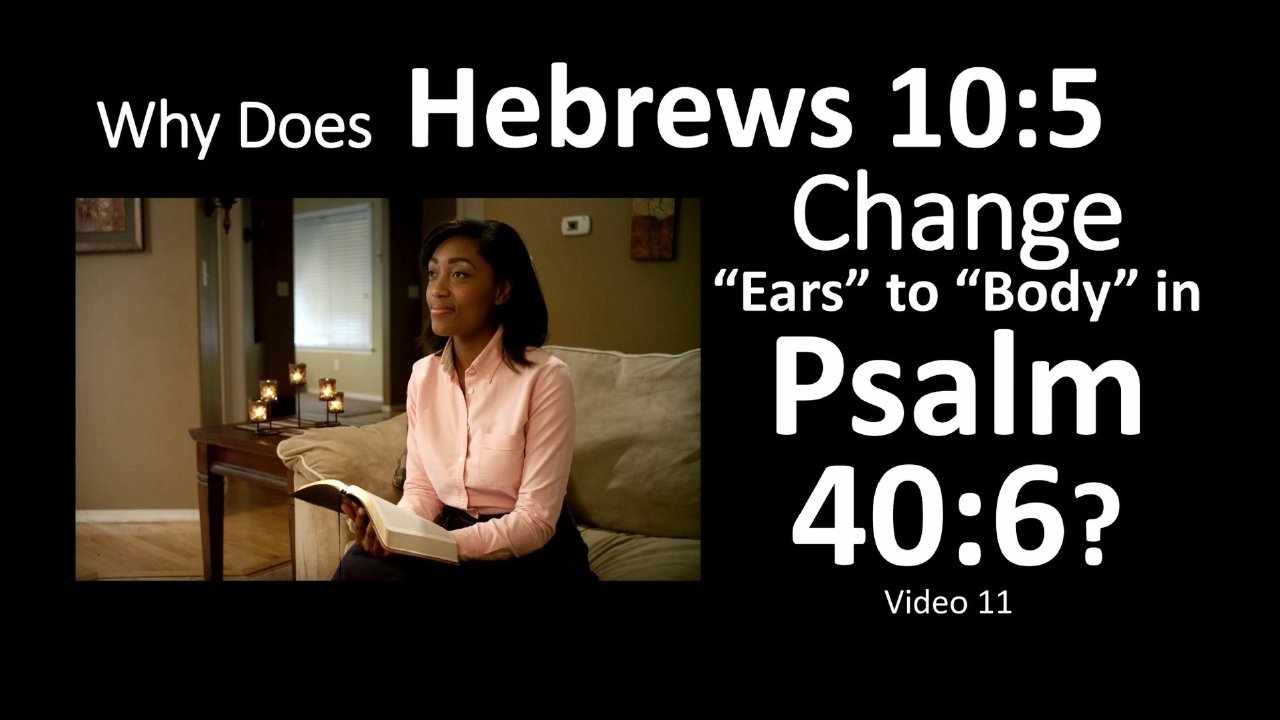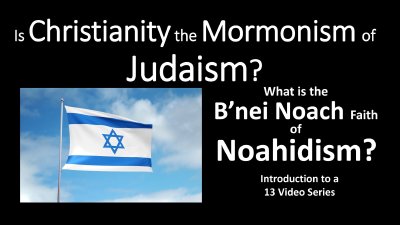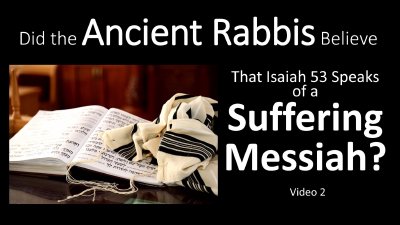Hebrews 10:5 is another passage where a quote of an Old Testament passage reads differently than it does in the Hebrew Bible, but unlike other passages we have looked in our series thus far, this change in reading does not have the support of a textual variant in the Hebrew text. Rather, it appears that the translators of the Greek Septuagint being quoted by the writer of Hebrews, actually interpolated a reference to David possessing "dug out" ears (or pierced ears) in the Hebrew text of Psalm 40:6 as a reference to servitude which finds its basis in the Jewish law of slavery. Hence, the change was made from pierced or dug out "ears" to "body" to emphasize the complete devotion of David (and eventually the Messiah Jesus) to God in offering His "body" in self-sacrifice for sins as applied by the author of Hebrews in his citation from Psalms.

11 Why Does Hebrews 10:5 Change Psalm 40:6?
Why is "Ears" Changed to "Body" in Hebrews?
Christina R Darlington






